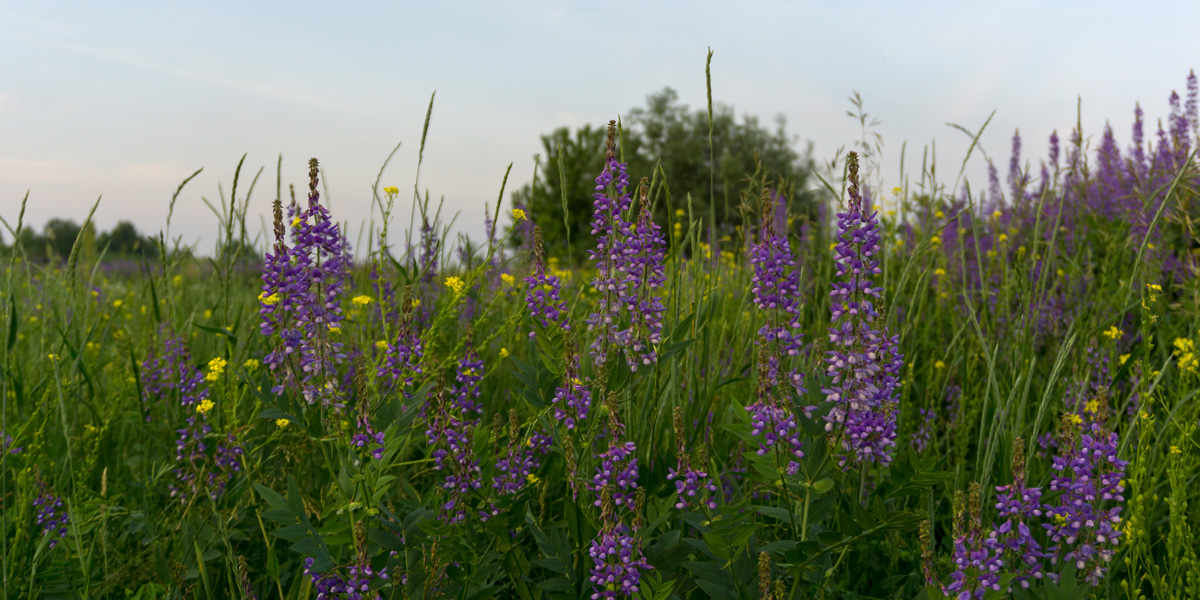
Groups call for de-registration of GM alfalfa
Since GM crops were introduced into Canadian agriculture almost 25 years ago, GM contamination has had significant economic consequences, according to a report published today by the Canadian Biotechnology Action Network (CBAN) and the SaskOrganics’ Organic Agriculture Protection Fund (OAPF) Committee. The report calls for action to prevent future contamination incidents.
“GM Contamination in Canada: The failure to contain living modified organisms – incidents and impacts” documents the details and impacts of all the known contamination incidents in Canada involving GM crops and animals. The costs of GM contamination and escape incidents include the temporary or permanent loss of export markets, lower crop prices, the loss of access to grow a particular crop, and the loss of some farm-saved seed.
“Farmers are the first to pay the price. Our experience shows that GM contamination can cost farmers dearly,” said Marla Carlson of SaskOrganics. “We encourage the federal government to take action to prevent GM contamination to protect farmers’ livelihoods and Canada’s economy.”
The report is published ahead of "Advancing Organics", SaskOrganic’s conference and trade show taking place at the Travelodge in Saskatoon March 28-29.
“Readers may be surprised by the diversity of GM organisms that have escaped control. Experimental GM pigs have accidentally entered the food system twice, and we are still removing GM flax from our flax supply,” said Lucy Sharratt of CBAN. “Despite our experiences with GM contamination in Canada, federal regulation still doesn’t assess the full potential of contamination or assess the economic costs. The first GM perennial, GM alfalfa, was approved without comprehensive evaluation of the contamination risk and related costs to farmers.”
Since the first GM crop was commercialized in 1996, there have been escape events in Canada with GM canola, GM flax, GM wheat and GM pigs. Canadian farmers grow GM canola, GM corn, GM soy and GM sugarbeet, as well as a small amount of GM alfalfa in the Eastern provinces. The federal government may soon approve the production of GM salmon in Prince Edward Island.
“Organic farmers in Saskatchewan have never been compensated for our loss of canola due to GM contamination,” said Arnold Taylor, organic grain farmer and chair of the OAPF. “Widespread GM canola contamination in Canada means our organic farmers no longer have the option of growing canola.”
Canadian flax farmers lost the lucrative European food market as a result of GM flax contamination in 2009, and cleaning up seed stocks took years of testing.
CBAN and OAPF are calling on the federal government to help prevent future GM contamination by de-registering GM alfalfa; halting field trials of GM wheat; and adding an assessment of the potential economic impacts before new GMOs are released.
“GM alfalfa must be taken off the market as soon as possible to prevent contamination and the economic and social impacts that would hit farmers across the country,” said Taylor.
Download the report from https://cban.ca/gm-contamination-in-canada/
Media backgrounder: https://cban.ca/wp-content/uploads/GM-Contamination-in-Canada-Media-Backgrounder-Mar-2019.pdf










